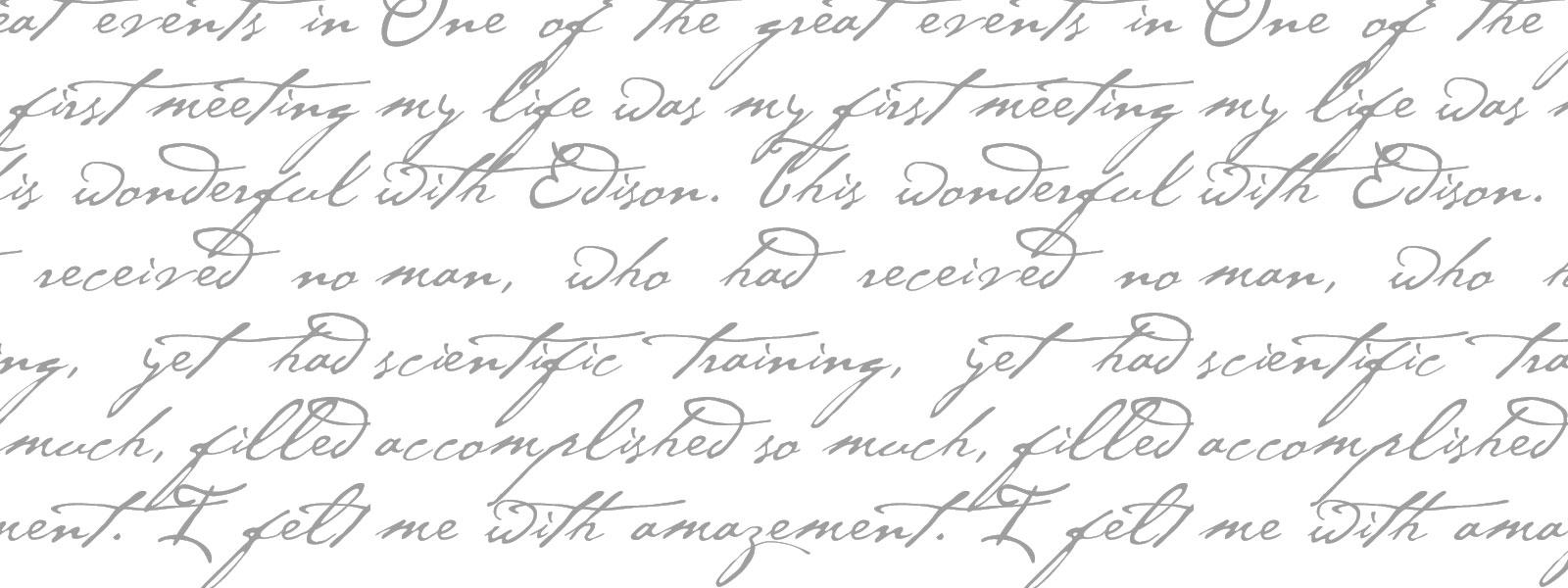
Nikola Tesla Quotes - Page 5
Everyone should consider his body as a priceless gift from one whom he loves above all, a marvelous work of art, of indescribable beauty, and mystery beyond human conception, and so delicate that a word, a breath, a look, nay, a thought may injure it.
June, 1900
What the result of these investigations will be the future will tell; but whatever they may be, and to whatever this principle may lead, I shall be sufficiently recompensed if later it will be admitted that I have contributed a share, however small, to the advancement of science.
June 22nd, 1888
With a different form of wireless instrument devised by me some years ago it was found practicable to locate a body of metallic ore below the ground, and it seems that a submarine could be similarly detected.
April 15th, 1917
The practical success of an idea, irrespective of its inherent merit, is dependent on the attitude of the contemporaries. If timely it is quickly adopted; if not, it is apt to fare like a sprout lured out of the ground by warm sunshine, only to be injured and retarded in its growth by the succeeding frost.
January 16th, 1910
Suffice it to say that, were we to seize and to eliminate from our industrial world the results of Mr. Tesla's work, the wheels of industry would cease to turn, our electric cars and trains would stop, our towns would be dark, our mills would be dead and idle. Yea, so far reaching is this work, that it has become the warp and woof of industry... His name marks an epoch in the advance of electrical science. From that work has sprung a revolution in the electrical art.
May 26th, 1917
When the great truth accidentally revealed and experimentally confirmed is fully recognized, that this planet, with all its appalling immensity, is to electric currents virtually no more than a small metal ball and that by this fact many possibilities, each baffling imagination and of incalculable consequence, are rendered absolutely sure of accomplishment; when the first plant is inaugurated and it is shown that a telegraphic message, almost as secret and non-interfereable as a thought, can be transmitted to any terrestrial distance, the sound of the human voice, with all its intonations and inflections, faithfully and instantly reproduced at any other point of the globe, the energy of a waterfall made available for supplying light, heat or motive power, anywhere — on sea, or land, or high in the air — humanity will be like an ant heap stirred up with a stick: See the excitement coming!
March 5th, 1904
I have had but little time to devote to the fulfillment of a duty which, next to that of turning his best efforts to diligent inquiry in the fields he has chosen, is the most important to a scientific man; namely, that of giving an exact record of the results obtained...
March 29th, 1899
I have been feeding pigeons, thousands of them for years. But there was one, a beautiful bird, pure white with light grey tips on its wings; that one was different. It was a female. I had only to wish and call her and she would come flying to me. I loved that pigeon as a man loves a women, and she loved me. As long as I had her, there was a purpose to my life.
January 1st, 1978
If I were ever assailed by doubt of ultimate success I would dismiss it by remembering the words of that great philosopher, Lord Kelvin, who after witnessing some of my experiments said to me with tears in his eyes: 'I am sure you will do it.'
October 16th, 1927
Our senses enable us to perceive only a minute portion of the outside world.
January 7th, 1905